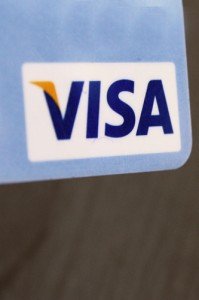The lady that asks for pennies
The unabashedly honest wino
The ex-CEO still carrying a briefcase
The man speaking to no discernible individual
The lady that monologues her life story
(Guest contributor Rae Alton is a content specialist and tax dork from Greensboro, North Carolina; her personal hero is Alex P. Keaton.)







 Do you run or own a small business? I’ve always had dreams and aspirations of running my own business and hopefully someday I will! For those that already do, you need to make sure your costs are covered and are getting maximum reward back in return. Credit cards can help out, and that’s where American Express Gold Rewards OPEN comes in!
Do you run or own a small business? I’ve always had dreams and aspirations of running my own business and hopefully someday I will! For those that already do, you need to make sure your costs are covered and are getting maximum reward back in return. Credit cards can help out, and that’s where American Express Gold Rewards OPEN comes in!







